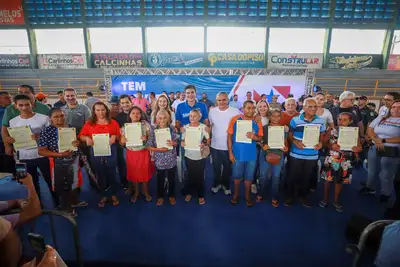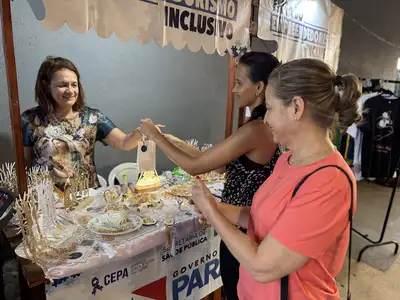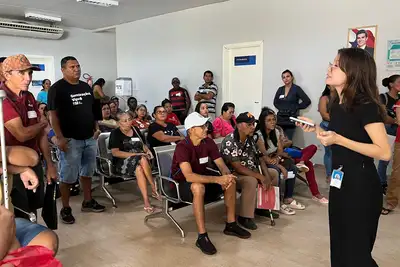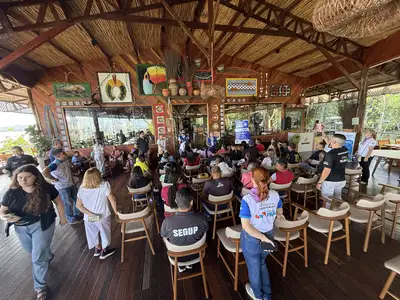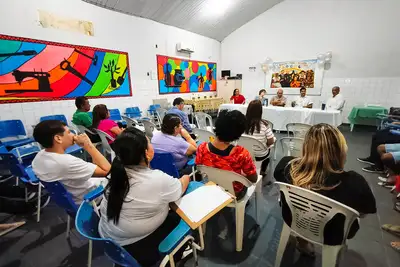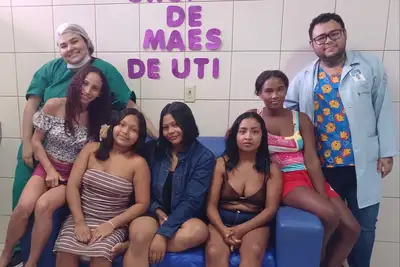Pará achieves international recognition as a Foot-and-Mouth Disease Free Zone Without Vaccination
The certificate was granted in Paris, France, during the 92nd General Assembly of the World Organisation for Animal Health, this Thursday (29)
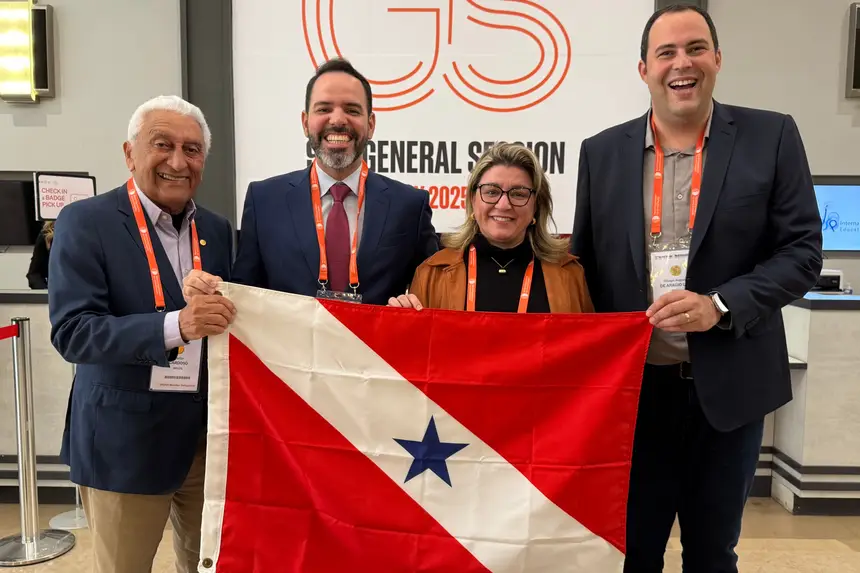
Pará has been recognized internationally as a Foot-and-Mouth Disease Free Zone without Vaccination. The certificate was delivered to the government of Pará, through the State Agricultural Defense Agency (Adepará), this Thursday, 29, during the 92nd General Assembly of the World Organisation for Animal Health (OIE) in Paris, France.
The Government of Pará sent representatives to the OIE event, which is annual and gathers representatives from the 183 member countries, as well as international and regional organizations to discuss fundamental issues related to animal health. The general director of Adepará, Jamir Macedo, and the director of Animal Defense and Inspection of the Agency, Graziela Oliveira, participated in the discussions of the Animal Health Forum and witnessed the announcement of this historic achievement for the Official Veterinary Service (SVO).
The OIE's recognition concludes a journey of hard work in the field with annual mass vaccination campaigns carried out by the Official Veterinary Service to eradicate the disease. For over 50 years, animal protein-producing states like Pará have been waiting for this decisive certification to expand meat exports and boost the state economy.
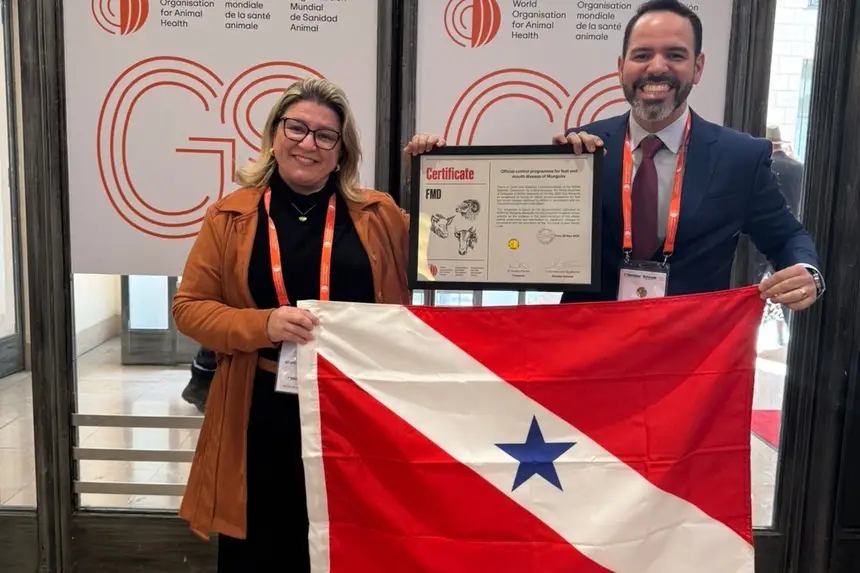
The certificate is the most important international sanitary seal
“The recognition is the most important international sanitary seal for an animal protein exporter. It is an achievement that can boost our livestock and consolidate our position in high-value-added markets. Now, we are ready to compete on equal terms in very demanding international markets,” said Jamir Macedo, general director of Adepará.
“This is a special day for all of us. A moment of joy. We received the certificate of being free from foot-and-mouth disease without vaccination. It is the result of the work and dedication of each of the agency's employees. It is an achievement for all of us who work in agricultural defense in Pará,” celebrated Graziela Oliveira, director of animal defense and inspection at Adepará.
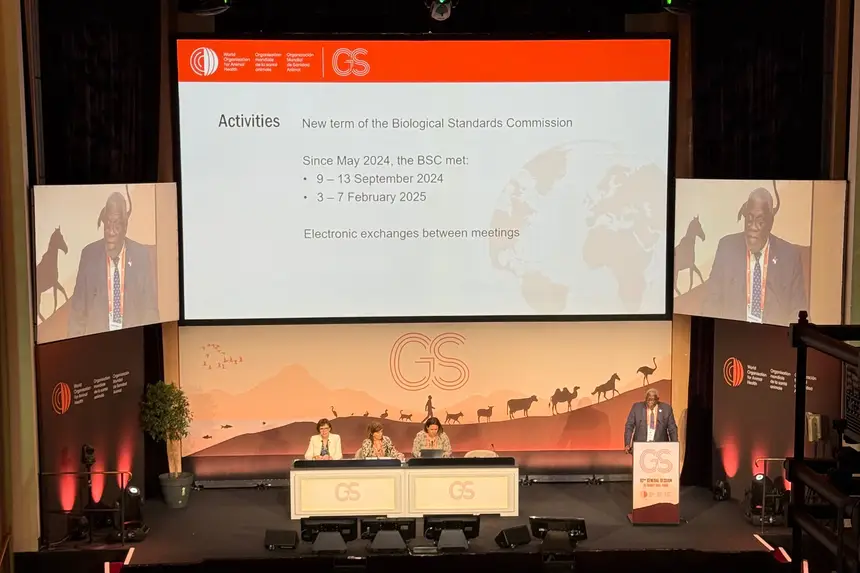
A year ago, Pará removed the mandatory vaccination against foot-and-mouth disease from the calendar and began replacing the vaccine with rigorous surveillance measures, meeting all the requirements of the National Strategic Plan for the Eradication of Foot-and-Mouth Disease (PNEFA), which includes notifications of suspected vesicular diseases; surveillance in rural establishments, slaughterhouses, and animal gatherings; as well as serological surveillance.
To strengthen sanitary surveillance, Adepará invested in restructuring the units, improving the agricultural data management system, and providing technical training for employees working in the field to assist rural producers, raising awareness about the new protocols to ensure more effective property inspections, preventing the possibility of reintroducing the virus.
The strict control of the movement of animals and animal products has also been reinforced, along with the renovation of the laboratory for disease diagnosis, promoting faster identification of suspected cases.
With the second largest cattle herd in the country - over 26 million animals - Pará currently has 18 beef slaughterhouses, 13 registered with the State Inspection Service (SIE), and 5 in the Brazilian System of Inspection of Products of Animal Origin (SISBI), distributed among 17 municipalities in Pará. All conduct surveillance through inspections by State Agricultural Inspectors, Veterinarians.
To prevent the reintroduction of the virus and maintain the new sanitary status, Adepará continues to enhance its surveillance strategies.
“The safeguarding of the health of national livestock depends on constant vigilance and immediate action in the face of any suspicion of vesicular syndrome. The early identification of clinical signs and prompt communication to the Official Veterinary Service (SVO) by rural producers and any citizen constitutes the first and crucial barrier in sanitary defense,” emphasizes Glaucy Carreira, agricultural inspector and manager of Surveillance for Foot-and-Mouth Disease, Vesicular Diseases, and Risk Analysis (GEVFAR).



